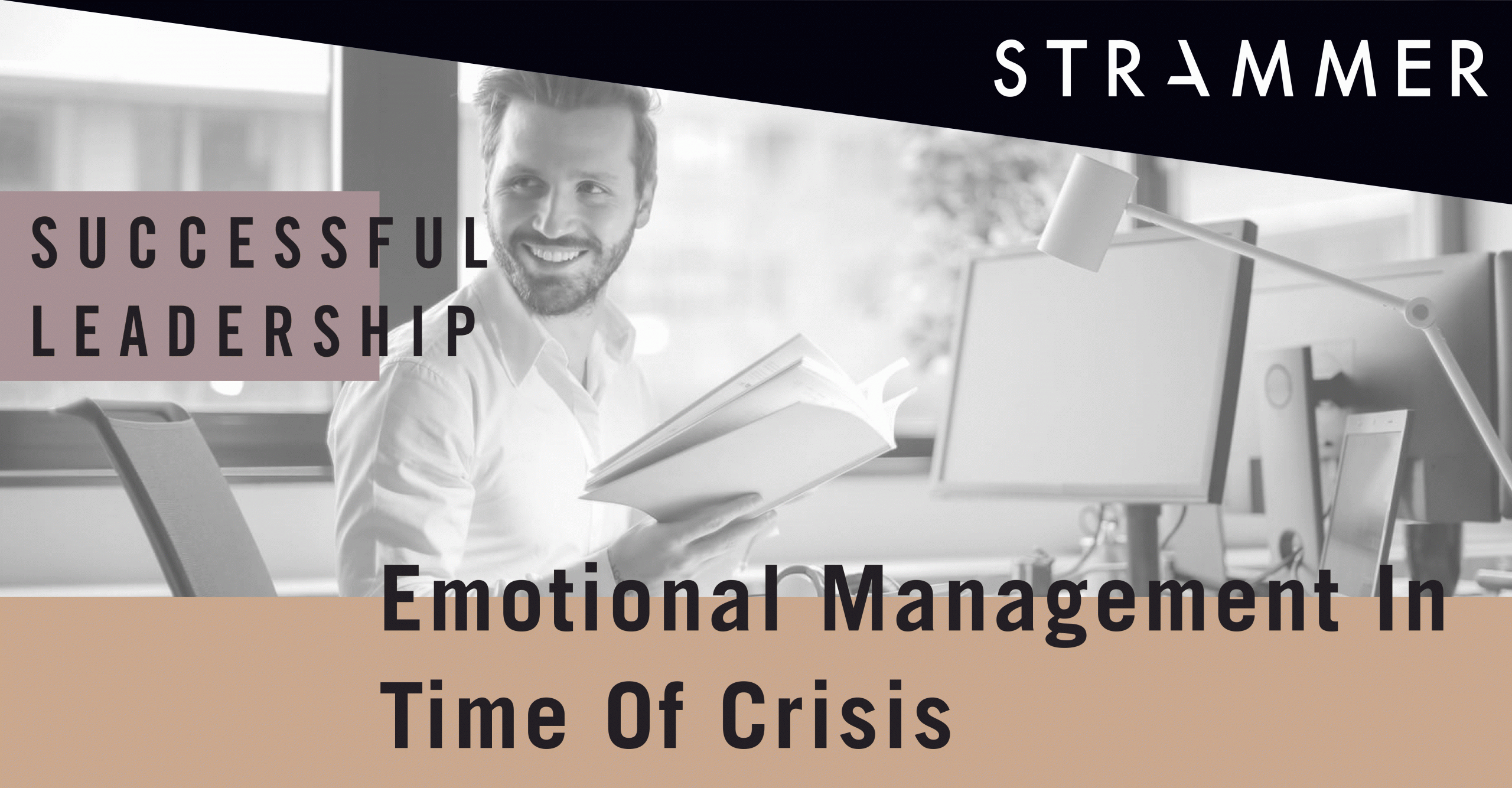Emotional Intelligence : How It Can Help During A Crisis
Emotional intelligence is the ability to identify, comprehend and manage your own emotions and those of others. For a company, emotional intelligence is critical when it finds itself in a situation of Crisis Management.
Meaning that leaders should acquire the skills related to EI to cope with the changing environment, take effective strategic decisions and help employees achieve their goals. Undeniably, emotional intelligence helps to operate from an emotionally stable state of mind. No decision should be taken hastily or under the influence of panic.
Moreover, a good leader must be able to manage fear of failure during a crisis. It is a way, to obtain trust and support from his/her employees, take advantage of the lack of competition, and build on the opportunities to grow and show ambition.
In time of crisis, a leader needs to understand the concerns and goals of each party: employees, clients, stakeholders, etc. This is by showing and managing his/her Emotional Intelligence skills that he/she will increase trust, commitment and motivation amongst employees. It will also allow long-term productivity. Indeed, EI and Emotional Management are necessary skills to guarantee operational effectiveness and business continuity.
A research from Fullan (2001) has identified 6 types of Emotional Leadership:
♦ Authoritative Leadership is usually used when the organisation needs a new vision or takes a dramatic direction.
♦ Coaching Leadership is used when an employee needs to develop long-term skills.
♦ Leadership frequently appears when tension or conflict arises,when trust has been broken, or if a team needs to be motivated through an anxious and stressful time.
♦ Democratic Leadership helps leaders in acquiring the team’s input, to get them on board with an idea.
♦ Leadership is used to obtain high-quality results from a motivated team, quickly.
♦ Coercive (Commanding) Leader is best used in crisis situations.
In the latest, the most interesting one for our situation, communication is key. Empathy needs to be demonstrated by leaders to show they truly understand what employees and clients/customers or in the Life Sciences case, patients, are going through and what matters to them. Acknowledging their feelings, understanding and appreciating complaints and/or inputs is at the essence. As a leader, one of the main roles in time of crisis is also to remind people to take care of their physical and mental health.
Showing optimism and resilience is not only necessary but vital in time of crisis. A leader has the responsibility to push for the best possible outcome and those two characteristics will reassure employees. Communicating on a regular basis by being true, open and positive will help them feel less isolated. Using facts and corporate culture will remind employees that you value them and that they each have a purpose to achieve in those difficult times. Indeed, the best chance to overcome a crisis is for the whole organisation to work together.
Thankfully Emotional Management can be learned. We have Business Partners specialised in Coaching who can support you in developing your Emotional Intelligence in your daily life but also in time of crisis. Do contact us to help you become the leaders we know you are!
References:
- Emotional Leadership Styles, Intranet.ecu.edu
- Crisis Management And The Emotionally Intelligent Leader, Rochemartin





